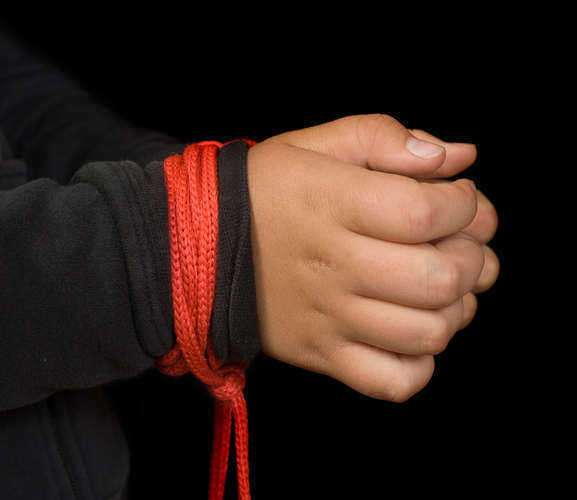Make Sure You Know The Reasons for Different Treatment
Though incidents of crimes committed by minors is
lamentable from a moral standpoint, some concerns about juvenile arrest and
juvenile sentencing are more practical in nature. Regarding juvenile arrest,
though formal indictment on a charge may bring children to a juvenile court
specially designed to rule on juvenile law, there is no such thing as a
juvenile policeman or policewoman. Police officers are tasked with questioning adults
and children alike in investigations.

In bringing a child into the station for this purpose, by
law he or she must be informed of his or her rights as a resident of the United
States. Still, interrogations are by nature a confrontational environment, and
realistically, children may feel pressured or coerced to offer information or
confess to a crime to avoid the discomfort of this situation. Thus, along with
a hired attorney, a child's parents/guardians will often be required to
accompany him or her during questioning.
Regarding juvenile sentencing in court, it must be
stressed that the mission of most juvenile courts is to rehabilitate delinquent
children who are not of the legal age of full responsibility, with the vague
notion that poor decision-making tends to come along with youth and this effect
may only be exacerbated by prolonged periods of detention. By virtue of this,
as juvenile arrests may not necessarily lead to juvenile court,
so juvenile sentencing often does not involve incarceration or relocation from
one's home to a facility, but rather orders for probation and community service
that still may prove to be positive influences in minors' development.